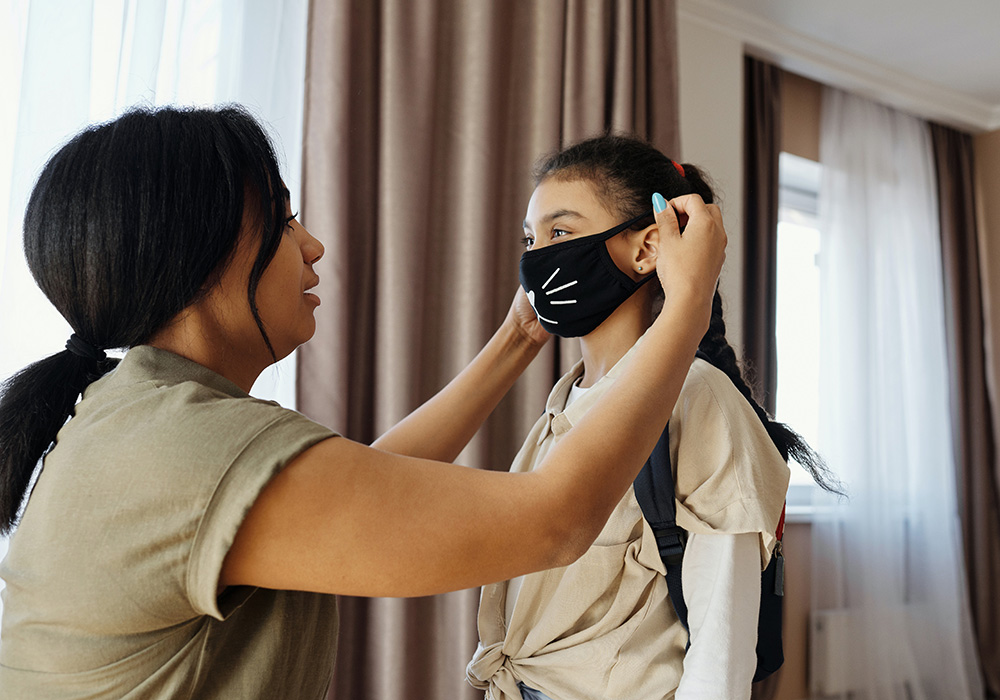The pandemic has been hard on all of us, but it’s especially taking a toll on children’s mental health.
Disruptions, like being away from school for a year, have caused turmoil, uncertainty, anxiety, and depression. Three major groups that focus on children’s health, including the American Academy of Child and Adolescent Psychiatry, have declared a national emergency in children's mental health.
There are clear steps adults can take to support their child’s mental well-being and help monitor their health.
Practicing good communication can help your child learn that it’s ok to express their emotions and trust that the adults in their life care about them. You could start practicing daily check-ins, with simple or fun questions like “What emoji best describes how you’re feeling today?” If your child mentions concern about the pandemic or wearing masks, you can use those moments to validate their feelings and practice calming techniques, like deep breathing or yoga, according to NPR. If your child feels more willing to open up to a coach or a grandparent, that’s great too — it’s important that they have many adults in their lives who support and care about them.
In a changing world governed by a changing virus, disruptions to life can be very disconcerting, both for adults and kids. That’s why, even if the routine of the world is changing, you can bring consistency to your home by having a daily routine for your child. Perhaps you always eat dinner together in the evening, then read a book before getting ready for bed. Or maybe you take a walk together at the same time every day. Having consistency to structure their world will help bring comfort, according to Cleveland Clinic.
As flight attendants on airlines like to remind us, you have to put your own oxygen mask on before you can assist others. The same goes for taking care of your child’s mental health. You can only be a supportive adult in their life if you’ve taken the time to address your own mental health.
This also creates an opportunity to model for your children what self-care looks like. Maybe that’s giving everyone in the house 30 minutes each day to read a book, practice meditation, or relax. Or maybe it’s setting aside time specifically for exercise, so your kids can see how helpful that is for regulating emotions and taking care of your body. Talk about your feelings, so your kids can see that it’s safe for them to do so, too.
Questions about health insurance? Contact a Sea Mountain Personal Insurance Specialist today!
